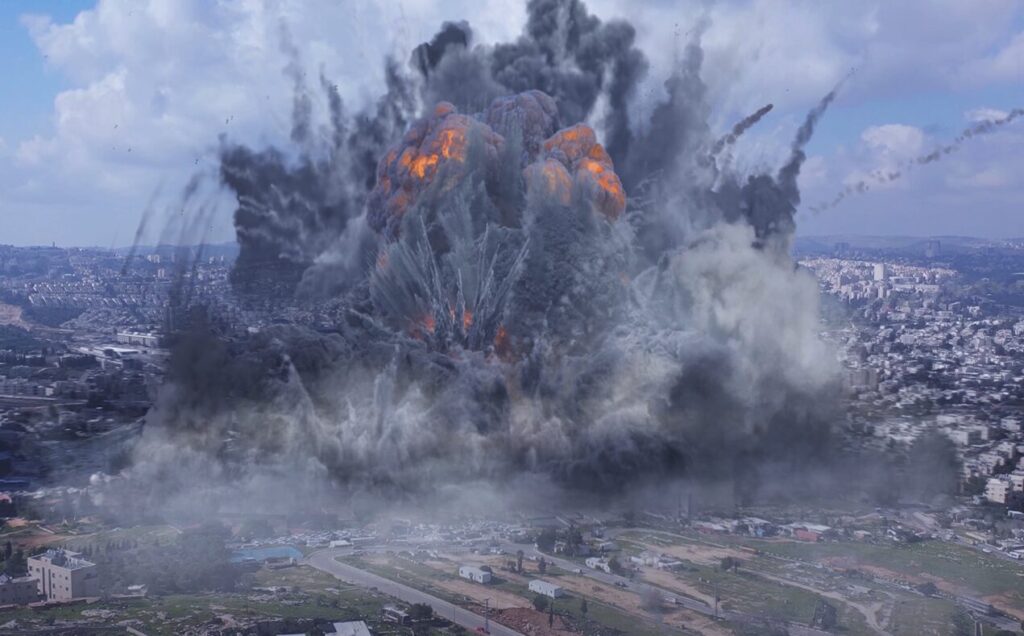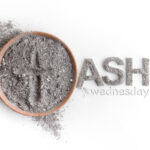The Feast of Trumpets: A Day of Sobering Warning and Lasting Hope
Growing up, I remember listening to messages on the Feast of Trumpets that stirred a mixture of emotions. Some sermons emphasized the world-shaking events that must happen before Jesus Christ’s return – the wars, upheavals, and judgments pictured in prophecy. Those messages often left me with a sober sense of trepidation, knowing what humanity would have to face – including some of God’s people who will endure tribulation. We understood this to be a time when much of the West would see destruction, including the U.S., which brought this future time into sharp personal focus.
Other sermons, by contrast, turned to the joyous side of the Feast, pointing to the moment when Christ Himself will descend, the trumpet will sound, and the saints – dead and alive – will rise to meet Him. Those messages filled me with hope and excitement.
Both feelings were valid, because both are central to what the Feast of Trumpets represents.
A Holy Day With Two Sides
Leviticus 23:24 commands:
“In the seventh month, on the first day of the month, you shall have a Sabbath rest, a memorial of blowing of trumpets, a holy convocation.”
In the Bible, trumpets were used to announce war and warning (Numbers 10:9) and to celebrate significant events – such as proclaiming the coronation of a king (1 Kings 1:34) – as highlighted in [this video]. The Feast of Trumpets carries both meanings: sobering judgment and glorious hope.
The Sobering Side: The Day of the Lord

The prophets spoke of a coming time of judgment known as the Day of the Lord:
- Isaiah calls it “the day of the Lord’s vengeance” (Isaiah 34:8).
- Joel warns, “Blow the trumpet in Zion… for the day of the Lord is coming” (Joel 2:1).
- Zephaniah describes it as a day of wrath, trouble, and distress (Zephaniah 1:14–16).
The New Testament echoes this. Jesus warned of cosmic signs and a trumpet blast announcing His coming (Matthew 24:29–31). Revelation describes trumpet plagues that strike the earth, culminating in global confrontation with Christ (Revelation 8–16).
No wonder messages on this aspect of the Feast carried weight – they picture a time unlike anything the world has ever seen.
The Hopeful Side: Christ’s Return and the Resurrection
Yet the Feast of Trumpets does not stop with warning – it climaxes with hope. At the last trumpet, Jesus Christ will return as King of kings:

“The kingdoms of this world have become the kingdoms of our Lord and of His Christ, and He shall reign forever and ever” (Revelation 11:15).
Paul ties this moment to the resurrection of the saints:
- “The dead in Christ will rise first” (1 Thessalonians 4:16).
- “In a moment, in the twinkling of an eye, at the last trumpet… the dead will be raised incorruptible” (1 Corinthians 15:52).
For believers, this is the greatest hope – that those who sleep in Christ will rise, and those still alive will be changed, caught up together to meet Him in the air. Together, they will reign with Christ in His Kingdom (Revelation 20:6).
Why This Day Matters
Every year, the Feast of Trumpets reminds us of two inseparable realities:
- The warning – a time of judgment and upheaval that the world must face.
- The hope – the triumphant return of Jesus Christ, the resurrection of the saints, and the establishment of God’s Kingdom on earth.
It is a holy day that both sobers and inspires us, keeping us watchful yet hopeful. By remembering the Feast of Trumpets, we remember that God’s plan is still unfolding – and we look forward with faith to the day when the last trumpet will sound.


